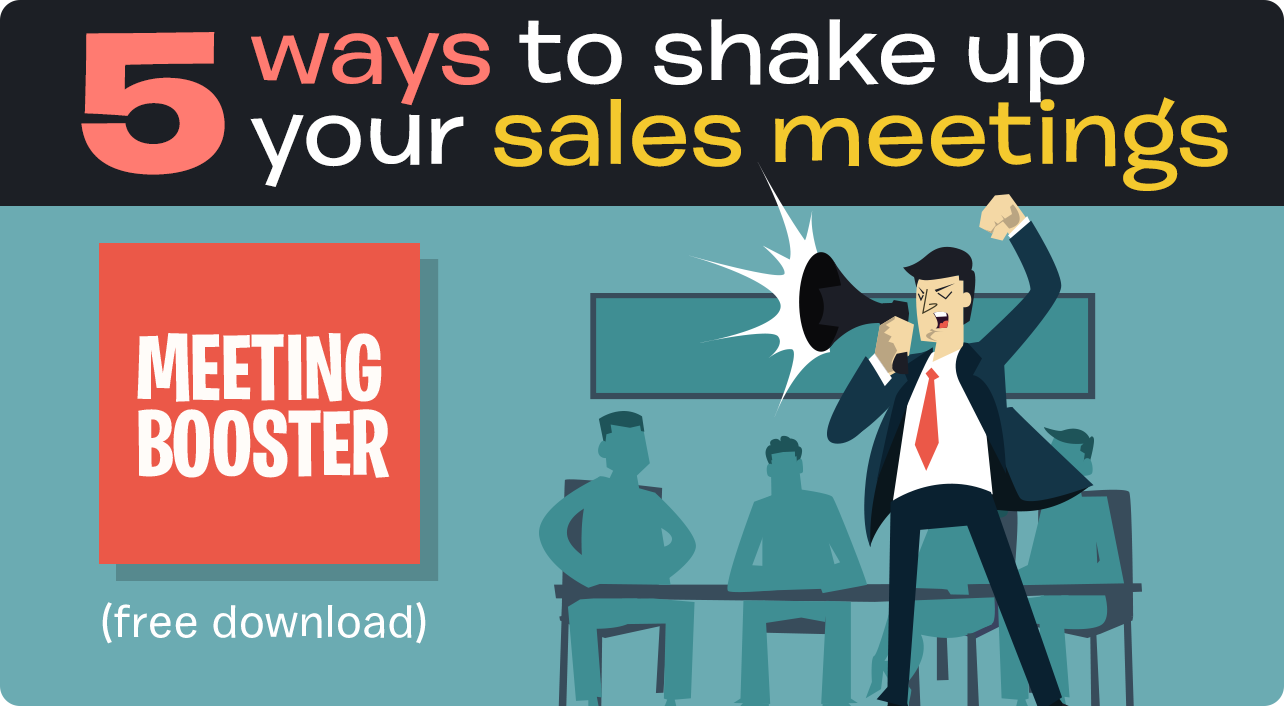- sales
- Blog post
How much does price matter to your customers?
Salespeople worry more about price than customers do. Studies show, for example, that in most sales it’s the salesperson, not the customer, who brings up price first.
Of course price is important to customers, but it’s seldom the most important consideration. In fact, surveys of customers show that price is usually six or seven items down on the list of importance.
Price is a convenient scapegoat for everything that goes wrong in a sale, sales trainer Tim Breithaupt points out. When the customer waffles, the seller’s first thought is, “The price is too high.” When a sale is lost, the salesperson often thinks, “I probably got underbid.”
In reality, it’s low value, not high price, that usually kills a sale. “I could pay that price,” the properly qualified customer thinks, “but it’s just not worth it.”
Even reps who sell on value are sometimes inclined to worry too much about price. “If I could sell the same thing for 20% less,” they reason, “my customer would be getting 20% more value.”
Not necessarily. Value is in the eye of the buyer, and sometimes a lower price creates less perceived value, not more. Part of the appeal of a $100,000 sports car, after all, is that it costs $100,000.
Consider these strategies to put price in its place:
1. Take price resistance in stride
Just because a prospect complains about price doesn’t mean he or she won’t buy. These days, customers are conditioned to ask for a price concession in every transaction. Often, they’re just testing the waters.
2. Know your range
You don’t have to beat, or even match, other bids to be competitive. Research tells us that customers will pay 8% to 12% more for perceived value. If you can deliver more value and stay within that range, customers will consider your price competitive. If you’re outside that range, you must show that your proposal isn’t just better, but different: “Their quote is less because it’s for a truck with less capacity. We offer a less expensive truck too, but based on what you told me, I don’t think it will meet your needs.”
3. Wait, and wait some more
Many salespeople violate the sales process by introducing price too soon. Ideally, price should not be discussed until you’ve confirmed value.
A good rule of thumb: Don’t mention price until the customer asks, or until you are negotiating the terms of the sale. (Some deals are closed without the customer or salesperson ever mentioning price!) If the customer brings up price early, try to table the question, not ignore it: “Sure, price is important. But can we first agree on whether this meets your needs, assuming I can give you a competitive price?” If the customer continues to insist, respond in general terms, and make clear that the final price will depend on factors you haven’t discussed.
4. If you must concede, wince
Discounting too quickly or too eagerly makes your first price seem inflated. If you must discount, do so slowly and reluctantly. And ask for concessions or commitments in return or you’ll lose credibility.
5. Don’t take it personally
Stay on the same side emotionally as your customer. Look at price as a problem to be solved: “You’ve got to make this work within your budget, and I have to earn a profit for my company. So how do we figure this out?”
Source: Tim Breithaupt is a sales training consultant who’s worked with many Fortune 500 companies. This article was adapted from “Ten Steps to Sales Success,” published by AMACOM Books.

Get a demo of all our training features
Connect with an expert for a one-on-one demonstration of how BTS Total Access can help develop your team.



